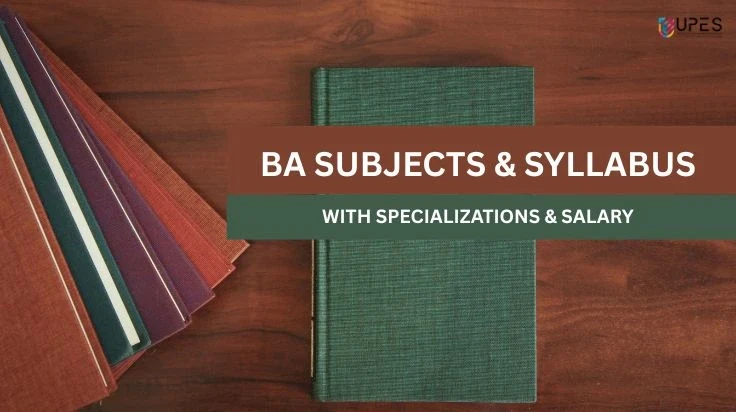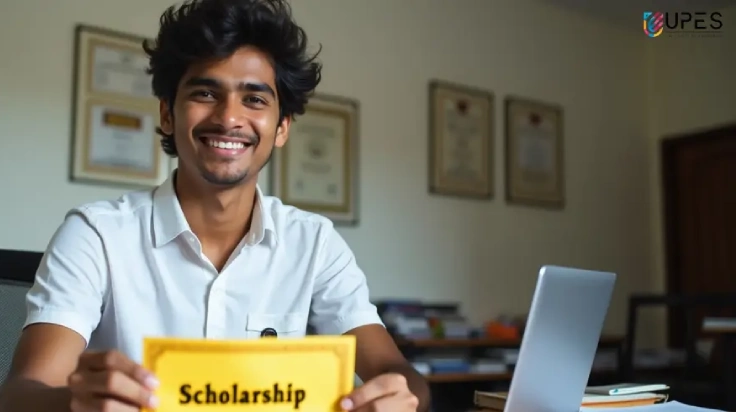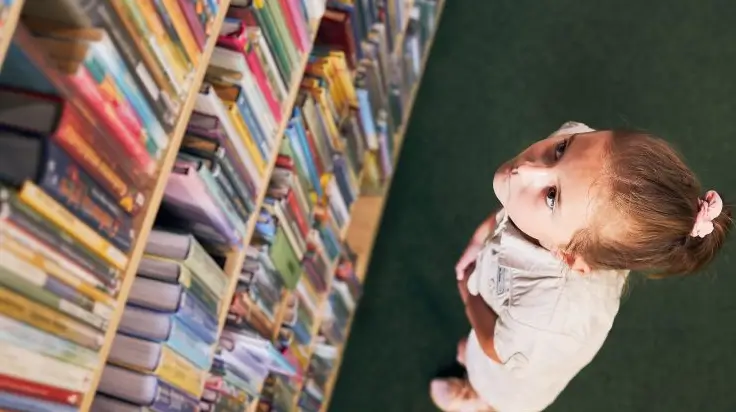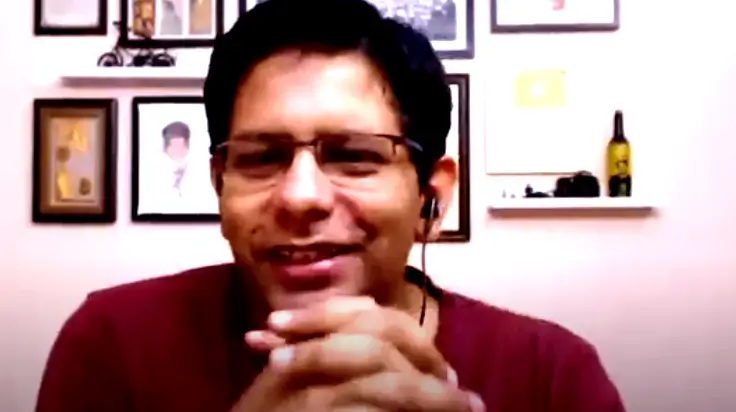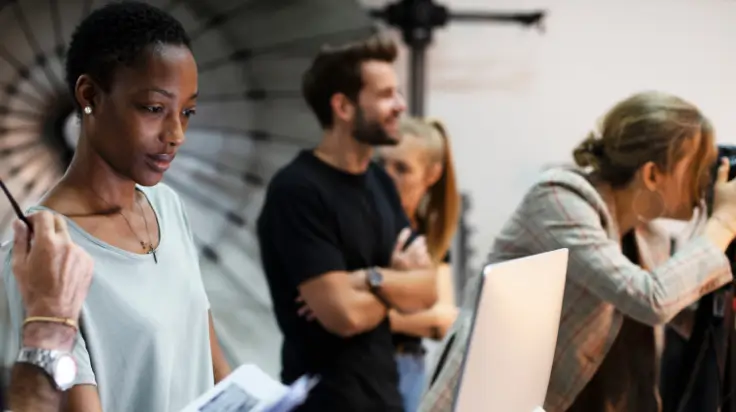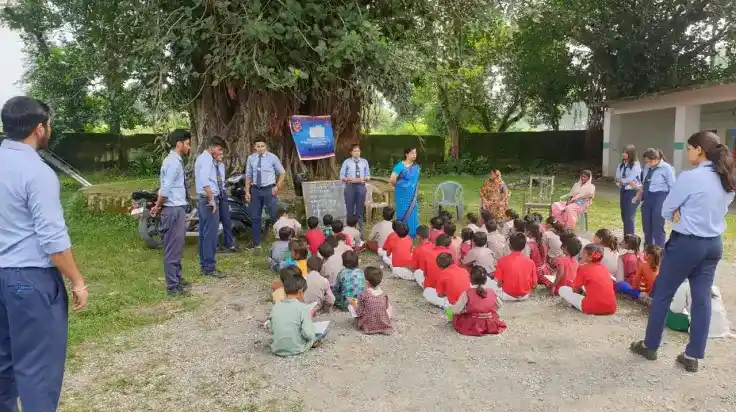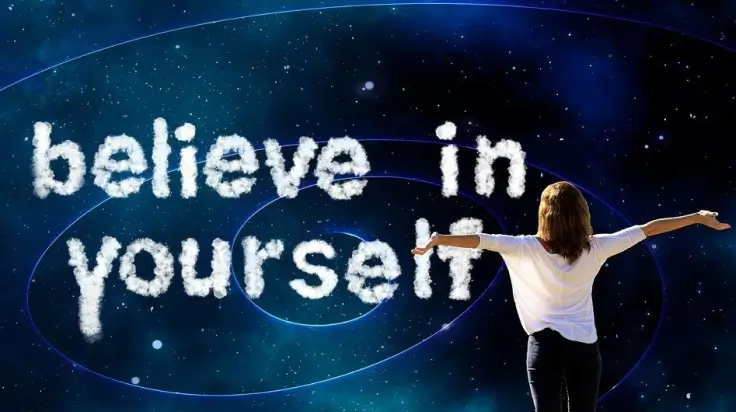‘Fake news is an oxymoron: If it is fake, it cannot be news’
- Ekta Kashyap
- Published 03/05/2020

Amidst the Corona catastrophe, it is the journalists who have become “the only window to the world for a majority of its population,” states Professor KG Suresh, Dean, UPES School of Modern Media, commemorating the World Press Freedom Day
Imagine blank news channel screens, no newspapers and no news feeds on the internet or the radio. What would a world without access to news be like? Is it even possible to have a meaningful existence without information and communication?
Media is considered the fourth pillar of democracy. Such is the power of journalism that it has brought down corrupt governments (the RickyLeaks expose in Puerto Rico, which ousted Governor Ricardo Rosselló in July 2019, for instance) and revealed the unfathomable realities of the plight of people from the most dangerous warzones (such as the visualisation of the scale of destruction in Syria). Journalism is, in fact, a check on the power of governments, corporates, institutions and organizations that run the world machinery.
In their line of duty, journalists have always been the frontline warriors. However, in the current times, media is bombarded with a litany of complaints such as ‘selling’ profit-making stories and in the process throwing critical journalism in the backseat. If the credible stories are inconvenient to the power-players, media persons are often hounded, abused and threatened. Nevertheless, we have examples of exceptional journalists who refuse to be afraid and silenced.

In December 1993, the World Press Freedom Day was proclaimed by the United Nations General Assembly
Which is why, the theme of this year’s World Press Freedom Day – Journalism Without Fear or Favour – could not have been more relevant.
Today, journalists are dealing with another life threat, the novel Coronavirus. Yet, they are leading from the front. Amidst the Corona catastrophe, it is the journalists who have become “the only window to the world for a majority of its population,” says Professor KG Suresh, a senior journalist and communication specialist, currently serving as Dean, UPES School of Modern Media.
Along with the global health pandemic, the world is also grappling with an equally, if not more, dangerous ‘infodemic’ i.e. the massive circulation of fake content. “It is creating chaos and confusion, leading to law and order issues. So, it is important to ensure that fake content is checked at every level possible.”
Though Professor Suresh does not believe in the concept of ‘fake news’. “For the simple reason that it is an oxymoron: if it is fake, it cannot be news and if it is news, it cannot be fake. So, let us have a consensus on using the term ‘fake content’. Because news is a refined product. It is only after going through all the checks and balances, verification and cross-verification, evidence-based research, that a piece of information is turned into a news format,” he informs.
Another critical issue, Professor Suresh points out, is the liberal use of the word ‘Citizen Journalism’. “It is simply unacceptable,” he elaborates, “as using the term ‘Citizen Doctor’ or ‘Citizen Engineer’. A journalist is required to have certain skillsets, which include not just technological inputs, but also an adherence to certain ethical standards. There are media laws in place, which need to be understood. So, any Tom, Dick and Harry cannot be practising journalism. He should have certain qualifications and qualities to become a journalist. One can be a citizen communicator, but a citizen journalist, no.”
Reiterating the need to safeguard the interest of the journalists, who have put their life at risk in these unprecedented times, Professor Suresh says that governments and media organisations must do everything possible to protect them. “We are concerned about layoffs, leaves without pay and retrenchment in the industry. Media is the moulder of public opinion and media houses need to realise that the society looks up to them. They will have to support and stand by their journalists at this critical juncture. The governments, too, need to take steps such as giving the journalist insurance cover and utilising the ‘Journalist Welfare Fund’ under the Ministry of Information and Broadcasting, in the interest of those who have lost their jobs.”
“At the end of the day, it is about journalism without fear or favour. There is a need to ensure that the journalists are protected and safe,” he concludes.
In December 1993, the World Press Freedom Day was proclaimed by the United Nations General Assembly, following the recommendation of UNESCO’s General Conference. Since then, May 3 is celebrated worldwide as World Press Freedom Day, to coincide with the anniversary of the Declaration of Windhoek – a statement of free press principles collated by newspaper journalists in Africa during a UNESCO seminar called ‘Promoting an Independent and Pluralistic African Press’, in Windhoek, Namibia, in 1991.
Ekta Kashyap
The writer is a part of the UPES editorial team
Tags
- modern media
- upes school of modern media
UPES Admission Enquiry
Subscribe to UPES Blogs
Join our community for exclusive stories, insights, and updates
By clicking the "Subscribe" button, I agree and accept the privacy policy of UPES.









